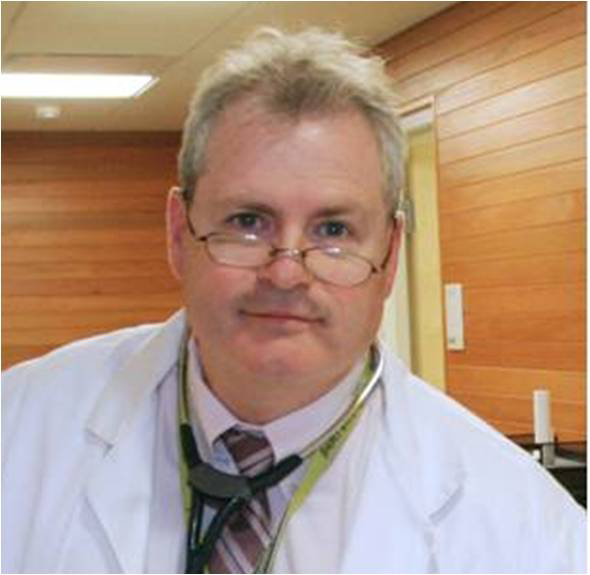In search of . . . blood vessel growth, John F. Keaney
ach Tuesday, the Daily Voice features a first-person narrative from a researcher explaining the science behind a recent grant, and the inspiration or impetus behind becoming a scientist at UMass Chan Medical School. If you know of a researcher you’d like to see profiled, send an email to UMassChanCommunications@umassmed.edu.
| John F. Keaney, MD, professor of medicine and microbiology &physiological systems and chief of cardiovascular medicine at UMass Memorial Medical Center, talks about his grant from the National Heart, Lung and Blood Institute, Nox4 and Vascular Homeostasis, one year, $494,656; recommended for three more years, $1.5 million |  |
There is a general understanding that harmful "free radicals" are produced in the body in a manner that promotes many diseases like cancer and heart disease. We have found that normal blood vessels produce low levels of free radicals (by an enzyme called Nox) that seem to be really important for growing new blood vessels. In this proposal, we will use model systems to study how this enzyme works and how it contributes to new blood vessel growth and injury repair.
In studying this enzyme, we expect to gain an understanding of how new blood vessels grow. This understanding will allow us to devise therapies that can modify blood vessel growth. This could help us devise treatments to inhibit tumor blood vessel growth and allow us to kill tumors in cancer. On the other hand, patients with blocked arteries need more blood vessels and we could use this knowledge to help people with blocked arteries in the heart or leg.
I was always intrigued by biology and chemistry classes and that interest initiated my interest in science and research. I also like to solve problems and figure out how things work (I used to be an auto mechanic). As a consequence, I went to medical school and developed an intense interest in how blood vessels work and become diseased. I now do research on vascular biology and find this a perfect way to satisfy my curiosity.
I came here to be chief of cardiovascular medicine and was attracted to UMass Chan Medical School by the prospect of collaborating with some of the world’s best scientists while also building a first-rate clinical program for training academic cardiologists. It was clear to me that UMass Chan Medical School had all the building blocks necessary to become a leading U.S. academic medical center. I was also very impressed with the leadership on campus and could share their vision for the growth of UMass.
The most exciting part of my job is mentoring trainees. I am fortunate to be able to work with a number of really talented people in my research laboratory. The opportunity to see them develop into independent scientists is very gratifying. I have the pleasure of working with clinical trainees learning to become cardiologists. The mix between research and clinical medicine keeps my job interesting all the time.